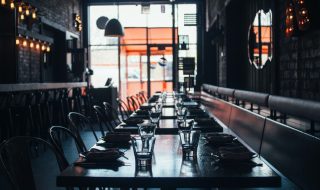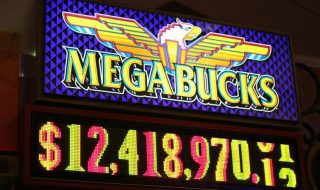
While casinos are undeniably major hubs for gambling, the nuances of addiction stretch far beyond their glittering lights. Hidden triggers, often subtle and overlooked, can ignite an overwhelming urge to gamble in individuals grappling with this addiction. Identifying these triggers is paramount in facilitating effective interventions and strategies for recovery.
Advertising and Media Exposure
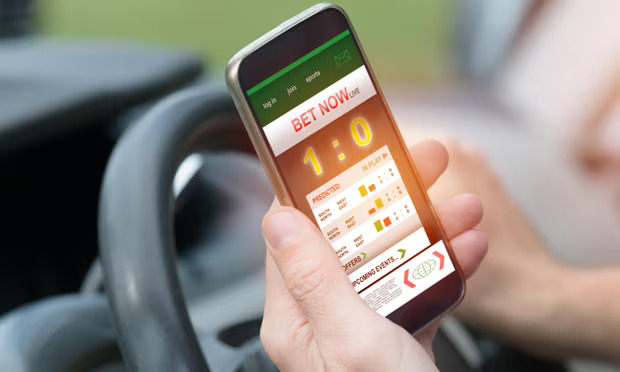
A noticeable withdrawal from previously enjoyed social activities or family gatherings can be a telling sign. The individual can prioritize gambling over spending time with family or friends. This isolation can further exacerbate the problem, as the individual can turn to gambling to cope with loneliness. As the addiction intensifies, their world can become more insular, with the gambling environment becoming their primary social outlet. This shift not only strains personal relationships but also reinforces the cycle of addiction.
Social Peer Pressure

Social environments often exert subtle yet powerful influences on individual behaviors. Social peer pressure can potently trigger gambling, pushing individuals to wager beyond their limits or more frequently than they might on their own. Whether it’s the urge to fit in, the thrill of competing with friends, or simply not wanting to appear out of place, the social dimensions of gambling can exacerbate addictive tendencies. Recognizing and addressing these pressures is crucial for those trying to manage or overcome their gambling habits. If you live in Arizona, for support in navigating such triggers, the Gambling Addiction Hotline AZ offers expert guidance and resources.
Emotional States: Stress, Boredom, and Loneliness
Emotional upheavals can become unsuspecting conduits for gambling triggers. Moments of high stress, boredom, or the engulfing shadows of loneliness can push individuals to seek solace in gambling, misguidedly viewing it as an escape or a way to self-soothe. Over time, this behavior can form a dangerous cycle where gambling becomes the default coping mechanism for emotional distress. This reliance on gambling for emotional relief can intensify the addiction, making it harder for the individual to recognize and break the pattern. As they seek these fleeting moments of relief, they can inadvertently spiral deeper into the addiction’s grip.
Financial Windfalls or Bonuses
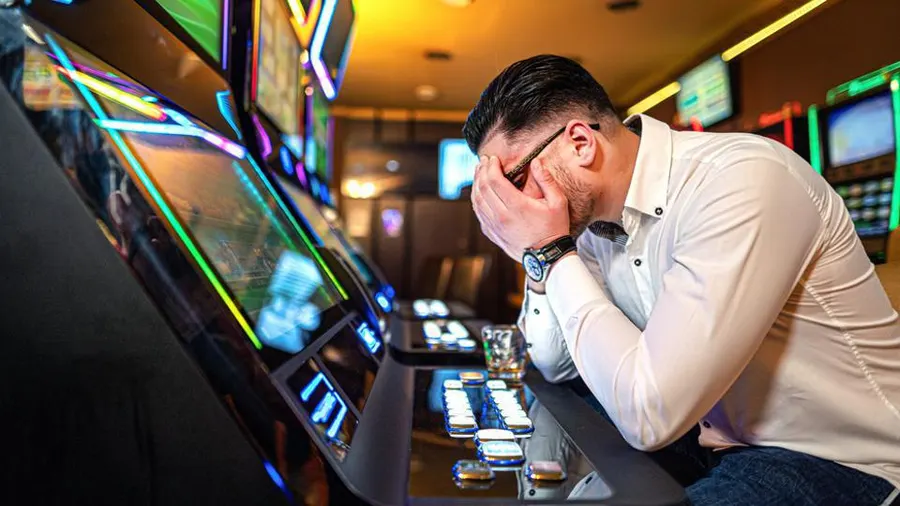
Sudden financial gains, whether through a tax return, bonus, or inheritance, can act as triggers for those prone to gambling addiction. The influx of money can bring back memories of past wins, making the temptation to gamble again irresistible. This newfound wealth can also kindle the erroneous belief that one could win even more if one gambled with this unexpected bounty. It paints a compelling picture of multiplying their windfall. Unfortunately, this line of thinking can lead to significant losses, with the individual often chasing after the initially invested amount, thus plunging deeper into the cycle of gambling addiction.
Celebrations and Commemorations
Milestones, anniversaries, or even certain dates linked to past gambling experiences can serve as silent triggers, nudging an individual back toward the lure of the gamble. The human psyche often attaches significant emotional weight to specific dates, associating them with past events and the emotions felt during those times. For instance, if someone had a particularly memorable win on a specific date, they might remember it year after year. The emotional resonance of that memory can become so potent that the urge to recreate that thrilling victory can be overwhelming when that date approaches. Recognizing and preparing for these dates can be a crucial step in an individual’s journey toward maintaining their recovery from gambling addiction.
Alcohol and Substance Use
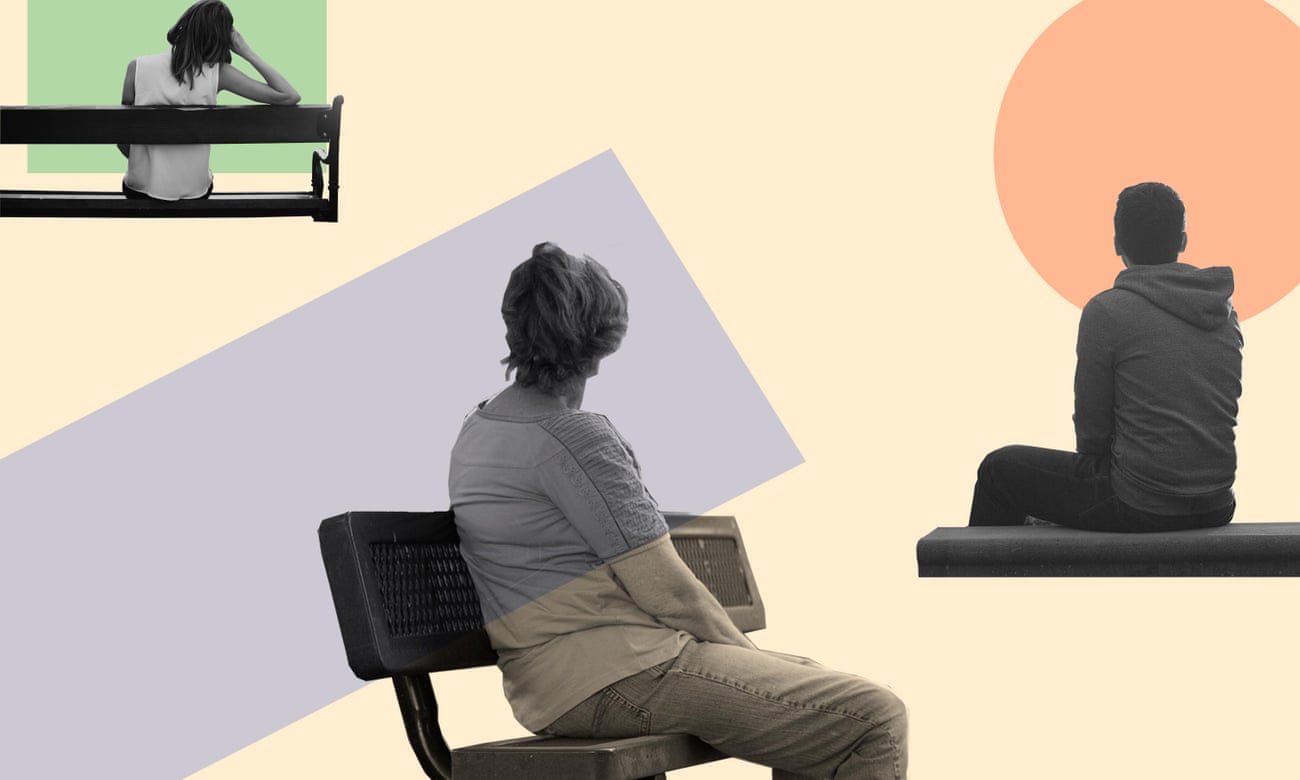
Substances that alter judgment or lower inhibitions, such as alcohol or certain drugs, can significantly weaken an individual’s resistance to temptations. The brain’s decision-making processes are impaired when under the influence, leading to potentially rash or impulsive choices. Someone who might have had the willpower to resist the urge to gamble while sober could easily succumb when their defenses are down. This makes environments like bars, parties, or any events where alcohol or such substances flow freely potential danger zones for those struggling with gambling addiction. Awareness of these scenarios and avoiding them or ensuring supportive friends are around can be crucial in preventing a relapse.
Conclusion
Navigating the world as a recovering gambling addict requires not just the avoidance of casinos but also an acute awareness of the hidden triggers in daily life. By recognizing and understanding these triggers, one can devise strategies to combat them, paving the way for a healthier, gamble-free existence. Building a support system, seeking professional guidance, and cultivating self-awareness is crucial in this ongoing battle against hidden triggers and the shadow of addiction.

